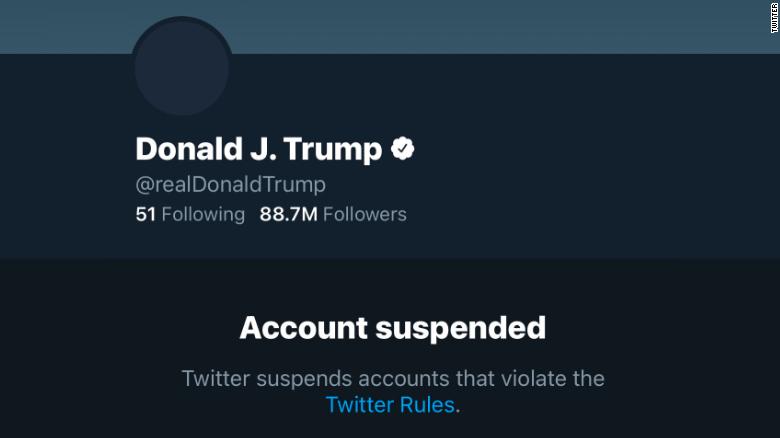Once Traitor Trump was deprived of his Twitter access, you could almost hear many in the corporate media screaming like stuck pigs. That chorus included a lot of foreign heads of state too, such as Angela Merkel and Mexican President Andreas Manuel Lopez. None of them grasped the basic nature of free speech limits in the US of A, which arise when citizens enter private companies as employees, or enter their media domains and platforms. Thus, if I am hired to work for Company 'X, ' limits on my speech are a given, and it's no use citing the first amendment. Ditto with privately owned media. Hence I cannot demand The Denver Post publish each and every letter I write to the editor, or demand Facebook allow me to post anything I want. Read their terms of service.
Neither was this speech limit memo received by the Colorado Springs Gazette ('Big Social Media Indulge In Stupidity', p. A10, January 13) which squawked about Trump being denied his "free speech" rights by obtuse social media companies like Twitter and Facebook. Failing to process that no one has a first amendment claim to "free speech" in the context of a privately owned medium.
Read the Constitution! In particular the clause:
Congress shall make no law respecting an establishment of religion, or prohibiting the free exercise thereof; or abridging the freedom of speech,
Now what does that say? It says CONGRESS shall make no law, i.e. to take away your right to free speech. It does not say a private corporation or company cannot prevent you from using its websites, devices, or other access from exercising speech, or refusing to follow their speech rules.
The limits on free speech by private corporations were already pointed out over a quarter century ago by Charles Reich in his book 'Opposing the System.' Citing the case of 'Waters v. Churchill' (p. 146). He noted:
"the Supreme court made clear that an employee's speech is not protected if the employer believes the speech might interfere with the efficiency of the employer's operations."
In a general matter one can indeed aver that an employee signs away any "free speech" rights once he walks through that corporate door. Indeed, in the corporation I once worked for as a technical writer (Nucletron) I was told flat out I could not be emailing any of my atheist materials to fellow employees - or indeed discussing with them atheist principles. (I had to stuff it, despite coworkers expressing a keen interest after seeing articles published in The Baltimore Sun)
The same law applies to Google's termination of software engineer James Damore for a 3,000 word effort blasting Google's "left bias" for "creating a politically correct monoculture" . Google CEO Sundar Pichai noted that "to suggest a group of our colleagues have traits that make them less biologically suited to that work is offensive and not OK." So Damore was let go.
The WSJ, naturally squawked: ('Google's Diversity Problems', p. A14) and tried to attack that rationale for letting Damore go, averring:
"In other words its OK to express views as long as they are not antithetical to Google's political culture."


No comments:
Post a Comment